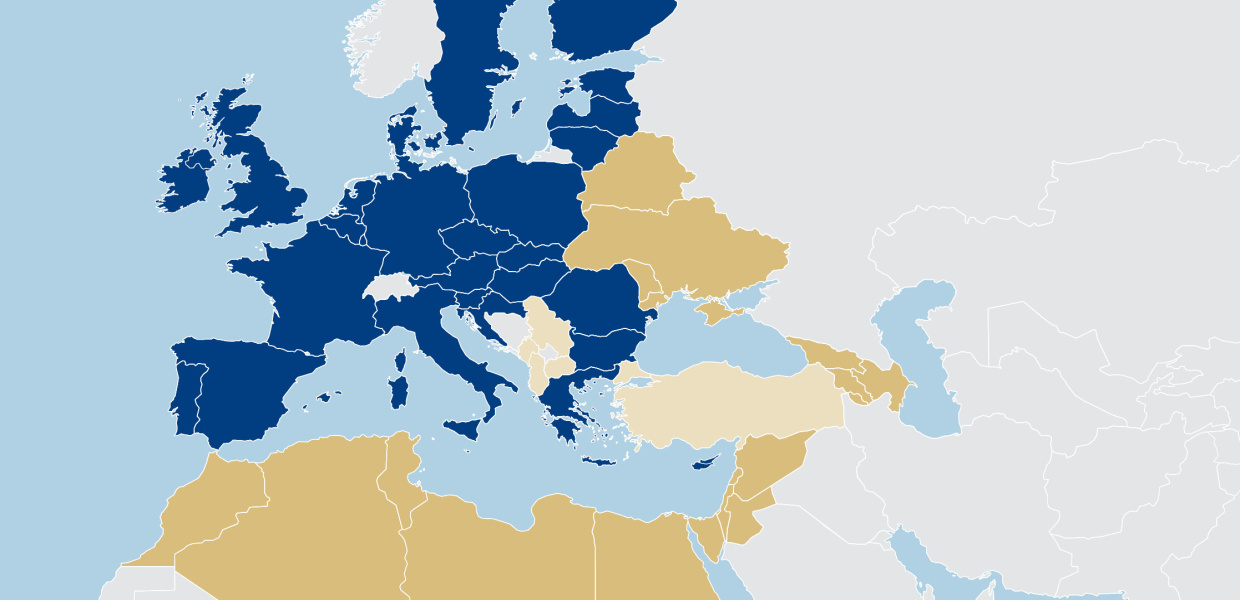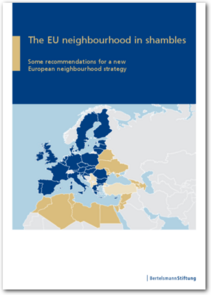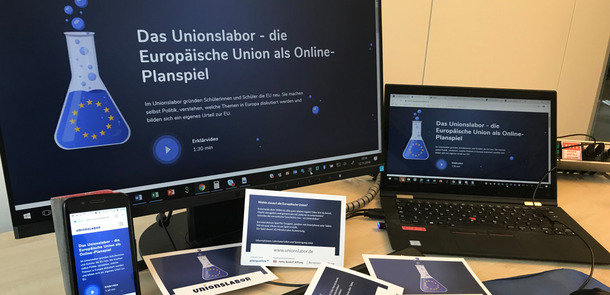With a new strategy paper we want to make an input to the ENP review under way.
The past months have confronted us with a number of conflicts flaring up in the east and south of the EU. European policy-makers have been worried by the situation in Ukraine, Russia’s illegal annexation of Crimea and the ensuing disagreement between Russia and the EU. The south is destabilised by the civil war in Syria under Assad’s authoritarian regime, torture, murder and streams of refugees, by Islamic fundamentalism and the violent acts of the IS.
Manifold challenges
Yet how can Europe deal with these manifold challenges? Which methods and instruments would help stabilise countries east and south of our borders? How can we contribute to enabling these countries to offer peaceful, stable and prosperous living conditions to their populations? This is not pure altruism but in the EU’s own best interests, for a dangerously insecure and unstable neighbourhood may become a threat to the EU itself.
Treat “neighbours” individually
Starting with a tabula rasa, the EU should abandon the very concept of a homogeneous “neighbourhood” in the face of glaring differences among the 16 countries affected.
A fundamental review of the ENP should lead to more differentiated, targeted measures to promote “transformational change” within neighbouring states ready to accept it.
The EU should offer revised incentives such as participation within the proposed “energy union” or freer trade designed to aid local economic development.
Include relevant actors in the EU and partner countries
It should embrace a wider range of actors, including civil society, promote entrepreneurship and help reform countries’ police and military forces.
The review should reassert common EU institutions in negotiating and working with neighbours and give them a central role in preventing and resolving conflicts as well as promoting democratic reform and economic stability.
No ENP without a European CFSP
This revised ENP should help underpin the EU’s efforts to forge a genuine Common Foreign and Security Policy. As the paper concludes, “the ENP alone is a development policy meant to incentivise and to assist reforms in the 16 neighbouring countries. Yet as long as the EU fails to take security-policy and geopolitical interests of these countries into account and answer the needs resulting from them, the ENP tools, no matter how often they may be reviewed and adapted, cannot take effect. Any efforts to support the transformation of states around us towards peace, stability, democracy and economic welfare must be based on and backed by a truly common European foreign and security policy, which is, sadly, still lacking.”
The paper is available for download.
“Any efforts to support the transformation of states around us towards peace, stability, democracy and economic welfare must be based on and backed by a truly common European foreign and security policy.”




